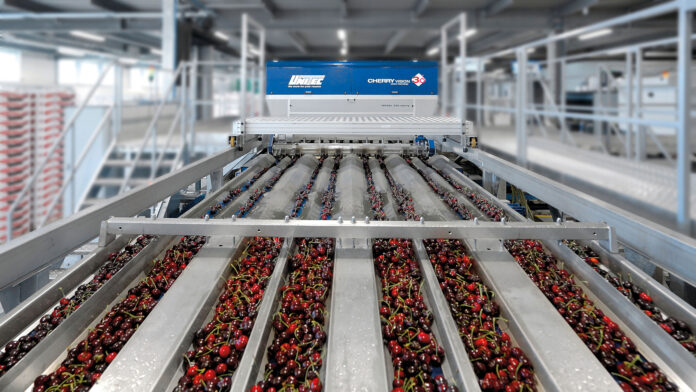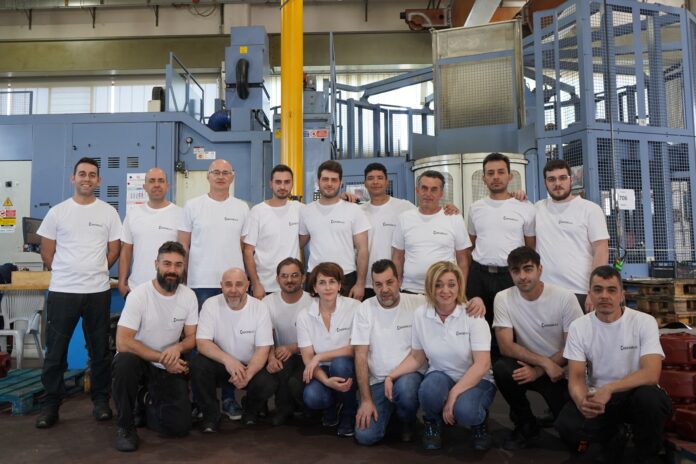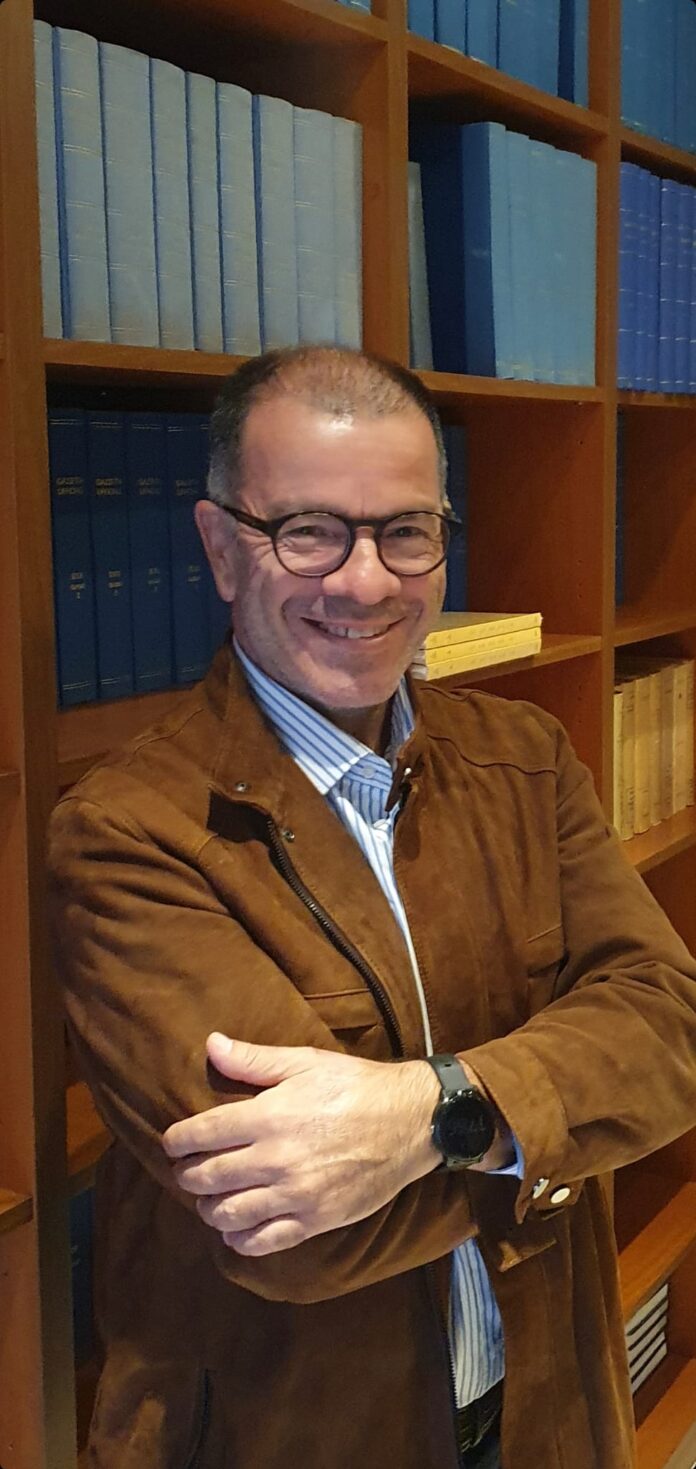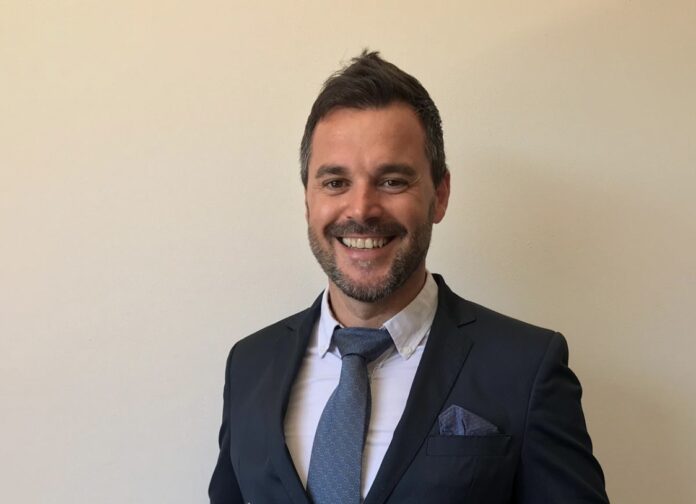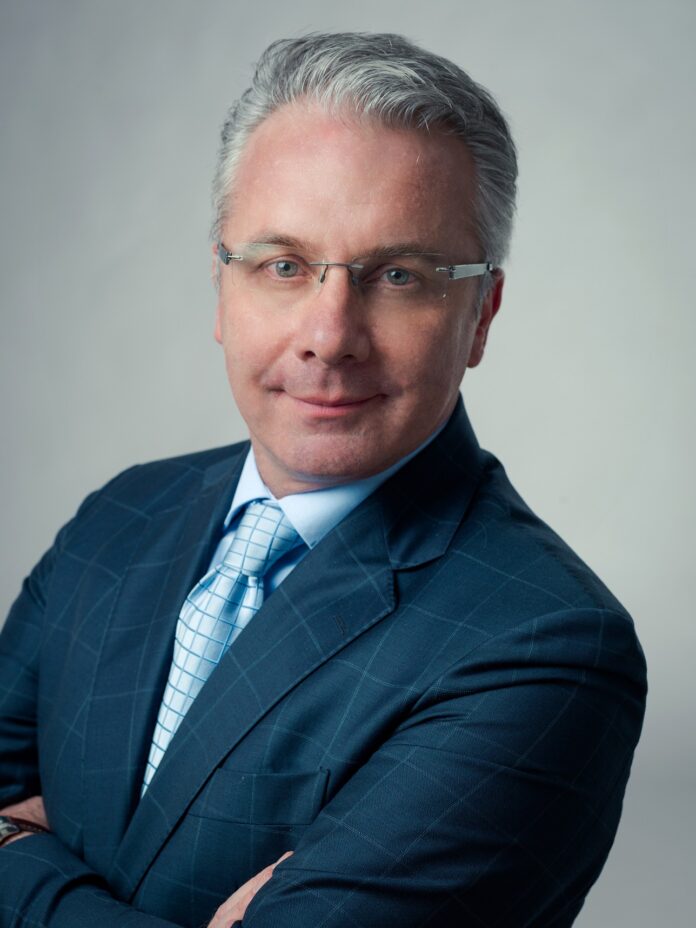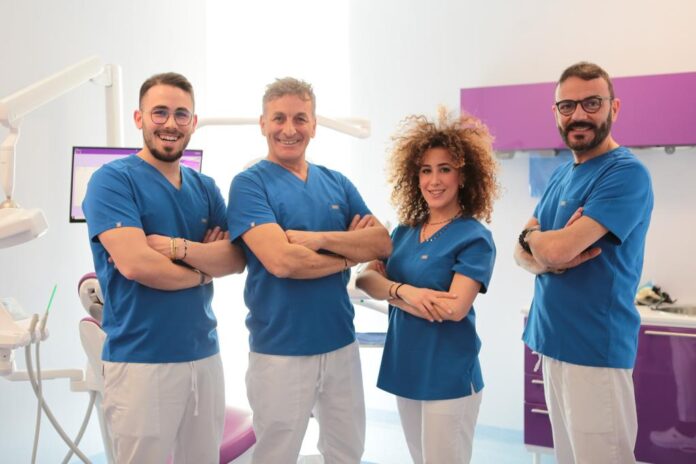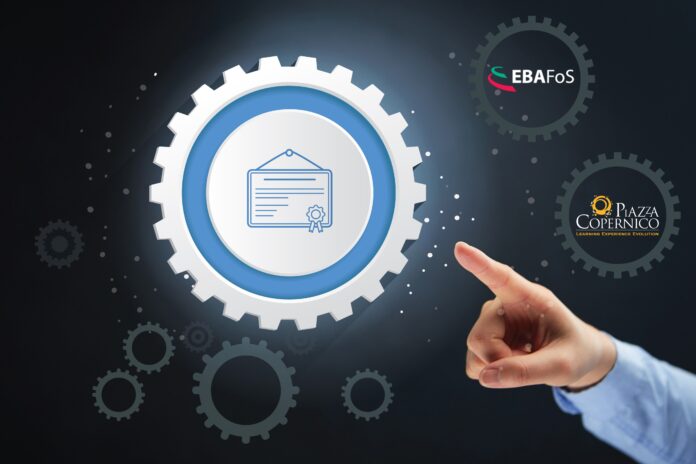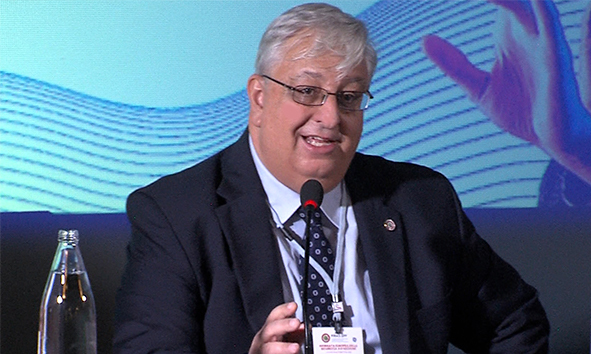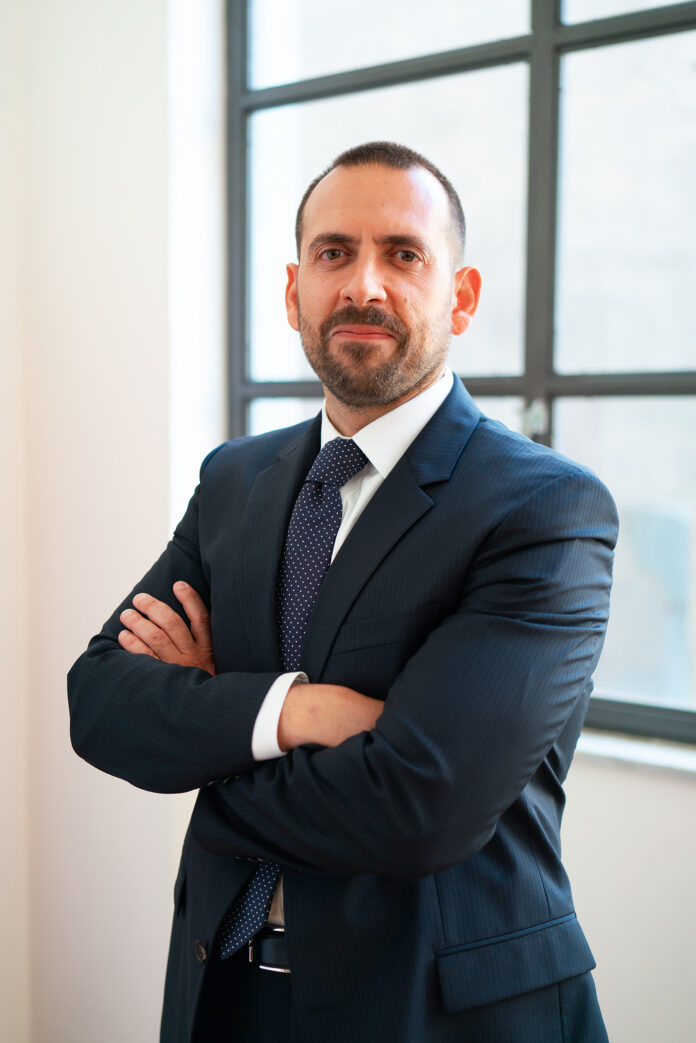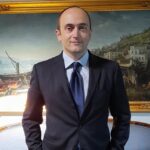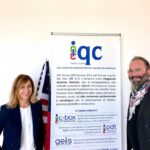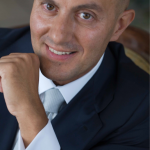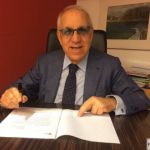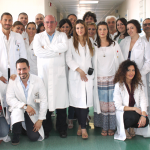UNITEC S.p.A., one year after its centenary and today present on the global market, is a company highly specialised in the design and implementation of solutions and plants for processing, grading and quality classification of more than 50 types of fresh fruit and vegetables. Thanks to a strategic vision and an innovative business approach, this all-Italian excellence – which has over 750 employees, 20 operating sites and is present in over 65 countries, including those with the highest fruit and vegetable production, such as North America, South America, Europe, Asia and Africa – has succeeded in asserting its leadership in a highly competitive market, clearly differentiating itself from its numerous competitors. In this long interview, President Angelo Benedetti describes the reasons for this success…
by Roberta Imbimbo
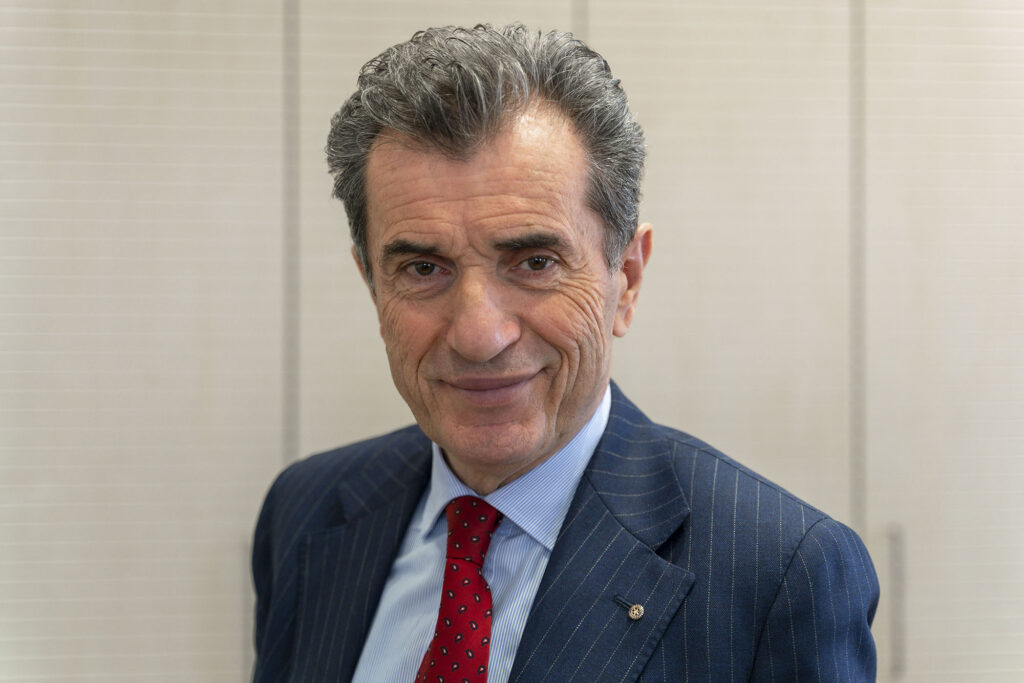
Dr. Benedetti, with what mission was UNITEC S.p.A. born?
Founded back in 1924 (next year it will celebrate its first one hundred years) in Massa Lombarda (RA), in 1993, it took its current name following the merger of two different companies (TNT-Tomorrow New Technology and Dalle Vacche). Today, UNITEC is a multinational company specialised in the design and implementation of innovative solutions for grading and classifying the internal and external quality of fresh fruit and vegetables. Our mission is therefore to improve the quality of fruit and vegetable processing in the many countries around the world where we operate, providing customised patented solutions dedicated to over 50 different types of fruit, with the aim of increasing the efficiency of fruit and vegetable processing.
What kind of market is it in which you operate? What peculiarities distinguish you from your competitors?
UNITEC has succeeded in asserting its leadership in a highly competitive market, dominated by numerous players especially at international level, thanks to a strategic vision that has proved rewarding over time and that has enabled it to achieve significant growth in its turnover in just a few years (around 150 million euros), more than 90% of which has been achieved on foreign markets. The reasons for so much success can be attributed first and foremost to the Group’s steadfast desire to create technologically advanced solutions capable of concretely helping fruit and vegetable plants to improve their production processes in order to offer the end consumer fruit of a quality consistent with its promises. In fact, its patented technological solutions – 100% Made in UNITEC and covering the entire fruit and vegetable processing cycle – provide a complete guarantee of the end result as they enable fruit and vegetables to be classified on the basis of the different external and internal characteristics (the latter not visible to the naked eye) of the individual fruit or vegetable (e.g. sugar content, firmness, degree of ripeness, firmness, acidity, etc.). And this is a true Copernican revolution, made possible by the use of special light sensors, capable of collecting up to 80 different pieces of information for each fruit. This information is then processed by specific software, entirely developed in-house, with the aim of classifying products according to the parameters measured and subsequently producing packages only with fruits that have similar characteristics. Classifying fruits according to their external and internal quality characteristics is a service with high added value as it allows homogeneous packages to be obtained from a quality point of view, and to enhance the product on the market by guaranteeing fruit and vegetables of a quality consistent with the promise made to the end consumer. Obviously, all these innovations have been realised thanks to substantial investments: our Research and Development Centre is made up of a qualified team of more than 100 researchers constantly working to proactively anticipate the needs of a dynamic and constantly evolving market. Finally, in the era of digital transformation, UNITEC has also invested considerable resources in the automation of production processes, with the desire to also improve people’s working conditions: today, there are many people working in plants who do exhausting, repetitive and alienating work. With UNITEC technology, and in particular with the solutions of the new UNI Robotics division, today it is possible to replace this work and assign people to do more value-added activities where intelligence is valued more highly than repetitiveness.
UNITEC is a company with a green heart. How does it manage to combine economic growth objectives with low-impact corporate policies?
UNITEC has always made corporate social responsibility an important value in its operations. Thanks to its choice of harmonising economic growth objectives with social and environmental policies – thus combining innovation, productivity, competitiveness and respect for people and the environment – over the years it has managed to become a clear reference point for those who believe in the importance of adopting sustainable development models. In fact, UNITEC’s solutions make it possible to reduce waste in a tangible way: the reliable classification of external and internal quality achieved with UNITEC’s systems allows each fruit or vegetable to be given a very specific destination (fresh consumption or processing industry). It is no coincidence that, every year, UNITEC sorts around 350 billion fruits and, thanks to its innovative technologies, 45 billion of these products are revalued by taking routes other than the fresh market, where they would be wasted because they are unsuitable. By classifying the fruits according to homogeneous quality characteristics, waste resulting from the contamination of fruits of different qualities within the same package is also avoided, resulting in greater satisfaction of end consumers. Last but not least, by avoiding the transport of fruit unsuitable for fresh consumption, huge amounts of CO2 are saved. In conclusion, UNITEC has always worked to provide concrete and tangible answers to the needs of fruit and vegetable companies, acting in a sustainable manner and always having the well-being of the planet at heart. “UNITEC, we work for your results. We work for a better world’.
For info (https://www.unitec-group.com)










































